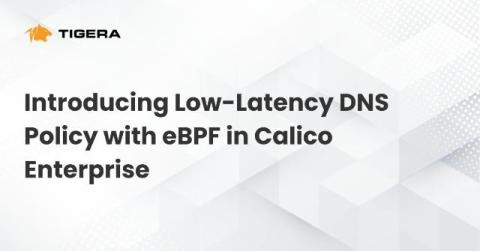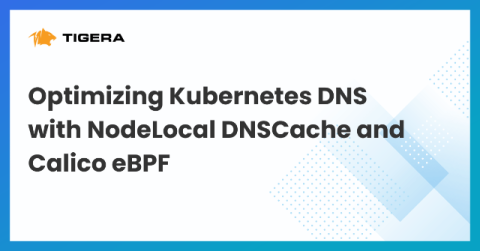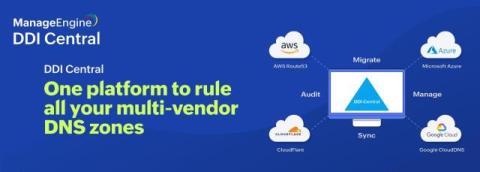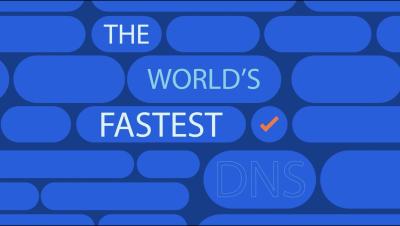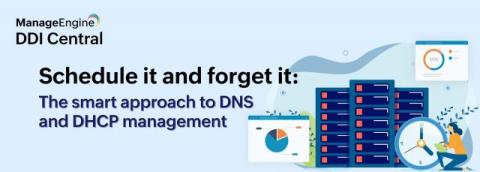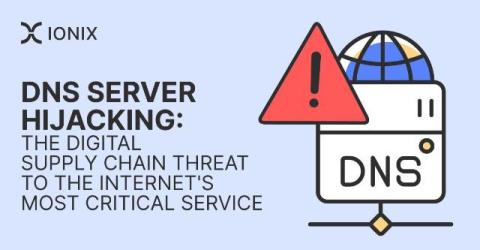Introducing Low-Latency DNS Policy with eBPF in Calico Enterprise
In Kubernetes, pods often need to securely communicate with external resources, such as internet services or APIs. Traditional Kubernetes network policies use IP addresses to identify these external resources. However, managing policies with IP addresses can be challenging because IPs often change, especially when dealing with dynamic websites or APIs.


